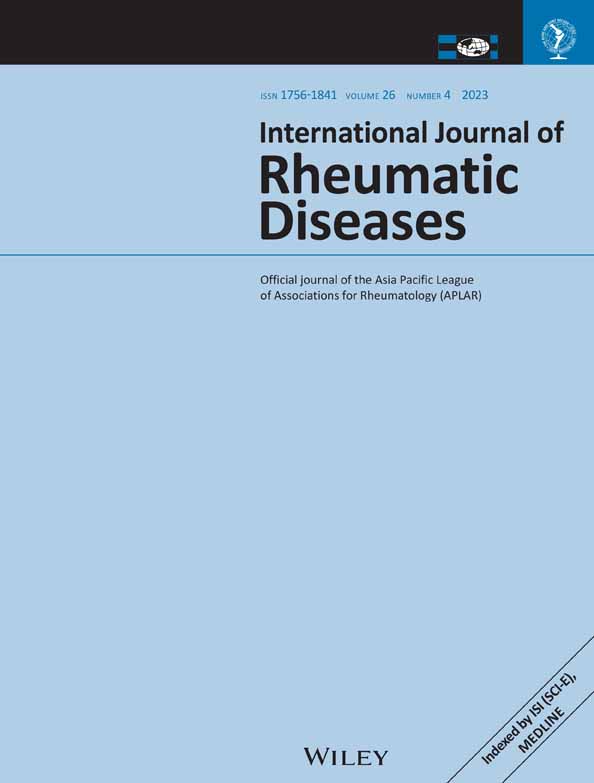Visceral extra-abdominal panniculitis after COVID19
Abstract
“Retractile mesenteritis” was the first name given to a rare, benign, inflammatory disease that affects the adipose tissue of the intestinal mesentery and less frequently other locations. Now labeled as mesenteric panniculitis, the pathogenic mechanism remains unclear. Several stimuli could be involved, and it is sometimes associated with other conditions such as malignancy or autoimmune diseases. We present a case of mesenteric panniculitis with extensive abdominal and extra-abdominal involvement that developed a few months after SARS-COV2 infection, raising the hypothesis of this virus as a potential trigger for autoinflammatory and autoimmune diseases.




